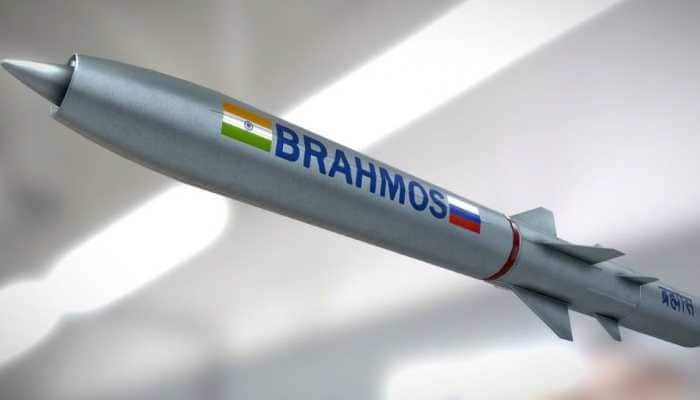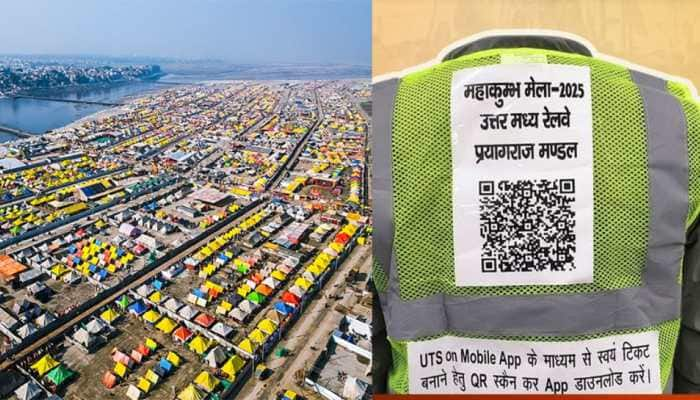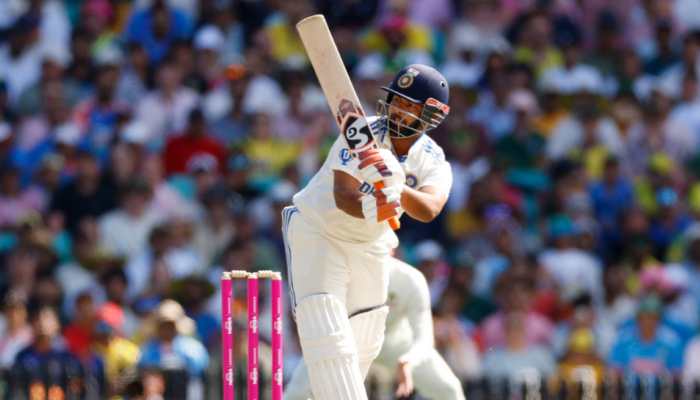World First Aid Day: 10 Essentials You Must-Have In Your Emergency Kit
Having a well-prepared emergency kit can provide peace of mind and may be a lifesaver in critical situations.
Trending Photos
) Image for representation
Image for representation In recognition of World First Aid Day, it's crucial to emphasize the importance of being prepared for emergencies. Whether you're at home, in the car, or out in the wilderness, having a well-equipped emergency kit can make all the difference in a crisis. The contents of your emergency kit should reflect your specific needs and the potential risks in your environment.
If you have specific medical conditions or allergies, include any necessary medications or supplies. Additionally, regularly check and replenish items in your kit to ensure they remain in good condition and are not expired.
Having a well-prepared emergency kit can provide peace of mind and may be a lifesaver in critical situations. Take the time to assemble your kit today, and stay safe and prepared for whatever challenges may arise.
Also read: Trim Down Deliciously: 3 Indian Breakfasts To Add To Your Weight Loss Diet
World First Aid Day: 10 Essentials To Include In Your Emergency Kit:
First Aid Manual:
A comprehensive first aid manual is invaluable. It provides guidance on how to respond to a wide range of injuries and medical emergencies.
Bandages and Dressings:
Stock your kit with various adhesive bandages, sterile gauze pads, and adhesive tape. These items are essential for covering wounds and stopping bleeding.
Antiseptic Wipes and Ointments:
Clean wounds thoroughly with antiseptic wipes and apply ointment to prevent infection.
Scissors and Tweezers:
These tools are essential for cutting tape, clothing, or bandages, as well as for removing splinters or debris from wounds.
CPR Face Shield or Mask:
If you need to perform CPR, a face shield or mask can protect you from potential infection while providing life-saving assistance.
Disposable Gloves:
Protect yourself and the injured person by wearing disposable gloves when providing first aid.
Pain Relievers:
Include over-the-counter pain relievers like ibuprofen or acetaminophen for pain and fever management.
Emergency Blanket:
A compact, lightweight emergency blanket can help keep a person warm in case of exposure to extreme cold.
Flashlight and Batteries:
Ensure you have a reliable flashlight and extra batteries to provide illumination during nighttime emergencies or power outages.
Emergency Contact Information:
Don't forget to include a list of emergency contacts, including family members, doctors, and local emergency services.
Stay informed on all the latest news, real-time breaking news updates, and follow all the important headlines in india news and world News on Zee News.
Live Tv







)
)
)
)
)
)
)
)
)
)
